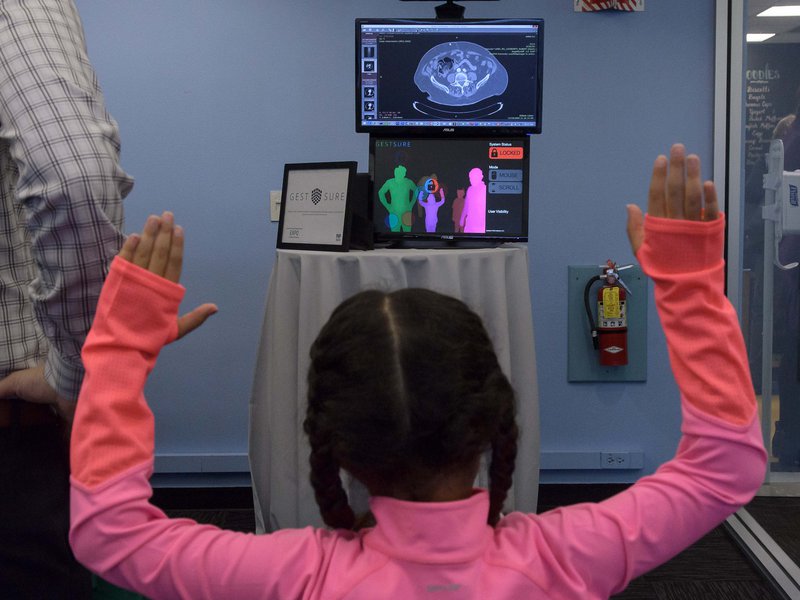Sequencing the Whole Human Genome for $1,000

The increased demand for personalized medicine in the last few years has heightened the hype around genomics immensely. The market for genomics is predicted to escalate to around 20 billion by the year 2020. In the last few years, genomics projects have been funded mostly by academics, research, and government institutions who share most of the market, but with the new interest in commercializing genomics projects, the market is predicted to grow even more.
The market for genomics is predicted to escalate to around 20 billion by the year 2020.
The biotech community is seeing a sharp increase in productivity within research on genomics. In its early phase, it took about 13 years and $3 billion dollars to sequence the whole human genome, now the world is being introduced to companies who can provide whole human genome sequencing for under 1,000 dollars quickly and efficiently.
The change between genomics in the past vs. now is called the change from whole genome sequencing (WGS) to next generation sequencing (NGS). The new sequencing, NGS, has made DNA and RNA sequencing easier by making it faster and cheaper, leaving biotechnology a pathway for remarkable discoveries.
Startups involving gene sequencing are popping up more often and raising incredible amounts of funding. For example, Xcell Biosciences creates cell cultures that can be used in cell propagation and editing; it raised $12 million Series A funding. Another San Francisco startup, EpiBiome creates microbiomes that are against drug resistant bacteria which has raised $6 million seed Series A funding round. Trace Genomics, a startup that analyzes genomes of soil, has also raised $4 million dollar seed round. Because of the success, genomic startups are proliferating at an enormous rate. They have recognized the potential it carries.
Genomic technology holds the ability to understand complex diseases and environmental changes through gene placement and identify specific diseases early. One of the newest functions of genomic technology is precise nutrition- the ability to know our own microbiome composition and feed it exactly what it needs. The buzz behind these capabilities has left government and private institutions fervently investing in the companies, and in return the market is growing even more intensely.
The largest market in genomics right now is the market for a technology called CRISPR.
The largest market in genomics right now is the market for a technology called CRISPR. It made up for about 45% of the total market share in 2015. CRISPR helps efficiently alter and modify gene sequences permanently, and its revenue is predicted to accumulate to $5966 million by 2025. This engineering technology is such a hot commodity right now because its function can lead to a myriad of possibilities. For example, because the gene altering is permanent, it can be passed down into many generations. Therefore, this technology may be able to cure various genetic diseases, like cystic fibrosis, that are passed down multiple generations. Also, it will satiate the craving for more personalized medicine based on an individual’s own genome.
The future of medicine and its technology is extremely exciting. The breakthroughs in genomics in the next five years will be tremendous, and the startups involving gene sequences will see extreme financial success.
If you’re a startup interested in joining our world-class Health & Wellness accelerator, apply here. If you’re a corporation seeking innovation, join us here.



